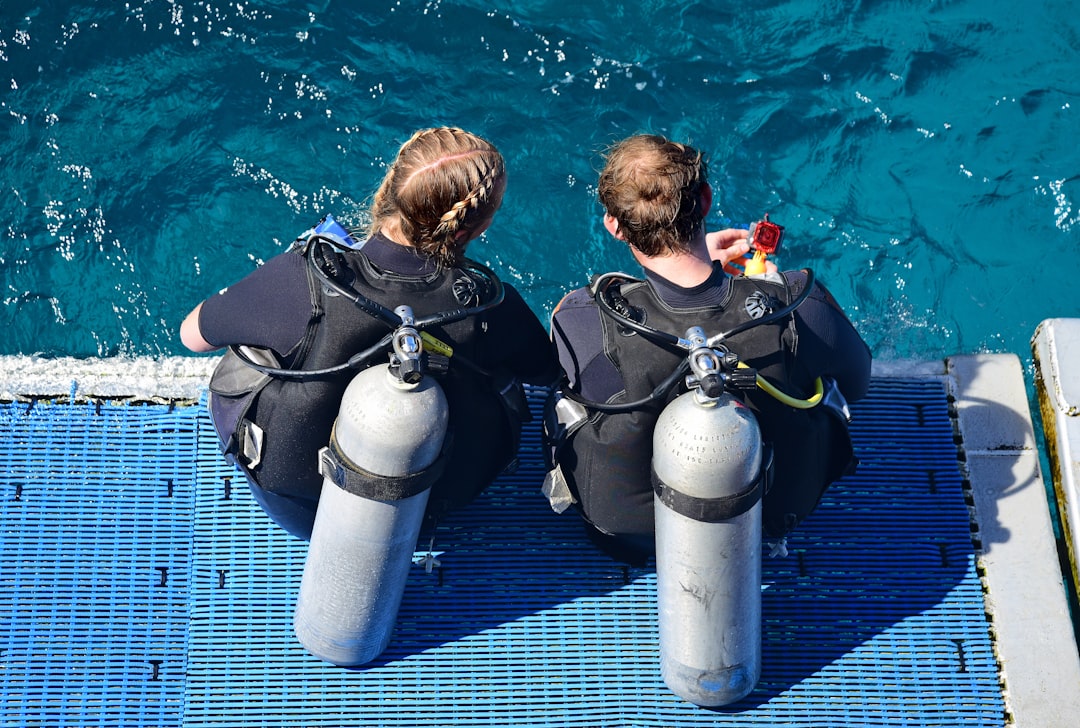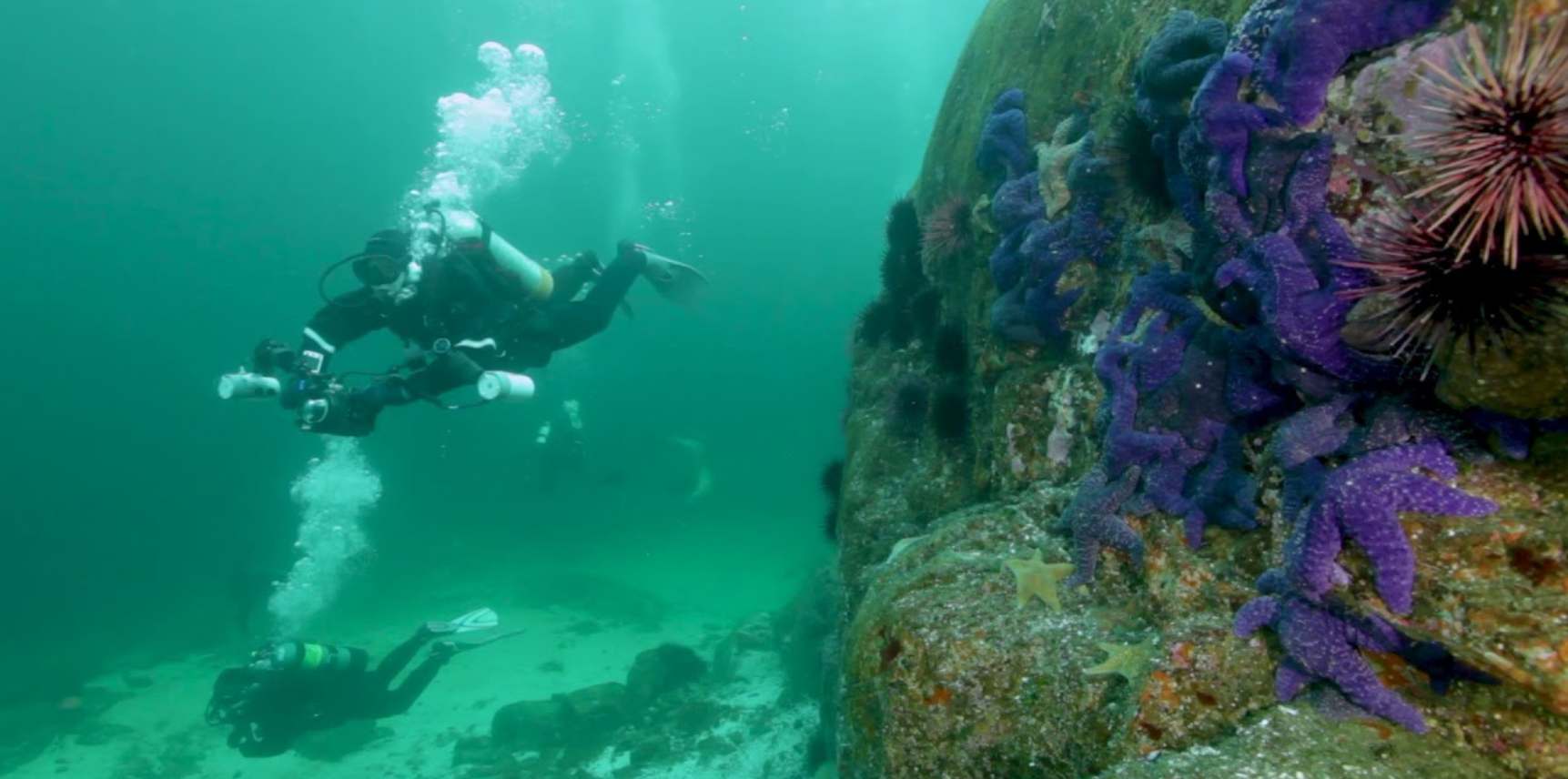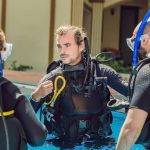Understanding The Dropout Dilemma in Scuba Diving
Diver retention is one of the most critical challenges in the dive industry, and it’s deeply rooted in the diver’s experience, sense of community, purpose, and access to mentorship.
They Paid to Get Certified And Dive. So Why Did They Stop?
They signed up. They paid good money. They learned to dive. And then… they vanished.
Every year, dive professionals certify thousands of new Open Water Divers, many of whom never submerge again. They walk away from the adventure they once dreamed about. Why? That’s a question every instructor, dive shop owner, and industry stakeholder should be asking—and taking personally.
It’s easy to shrug and say, “Not everyone sticks with it.” But that mindset misses the point. People wanted to become divers. They chose this. Somewhere between that initial spark and their first—or last—dives as certified divers, something didn’t click. Maybe we missed it. Maybe we could’ve done more.
The Motivation: Why People Learn to Scuba Dive
The initial motivation to dive is usually a cocktail of curiosity, excitement, and longing for adventure. Some want to dive with manta rays in the Maldives. Others just want to try something thrilling on vacation. Maybe they saw a documentary. Maybe it was a bucket list item.
Regardless of the reason, they took action. They registered. They studied. They got wet. They got certified.
That’s no small thing. Diving is not an impulse hobby—there’s a financial and time investment involved. These new divers are motivated. But motivation alone doesn’t equal long-term engagement. The question is: what did they expect, and did we deliver?
The Dropout Dilemma: When and Why Divers Drift Away
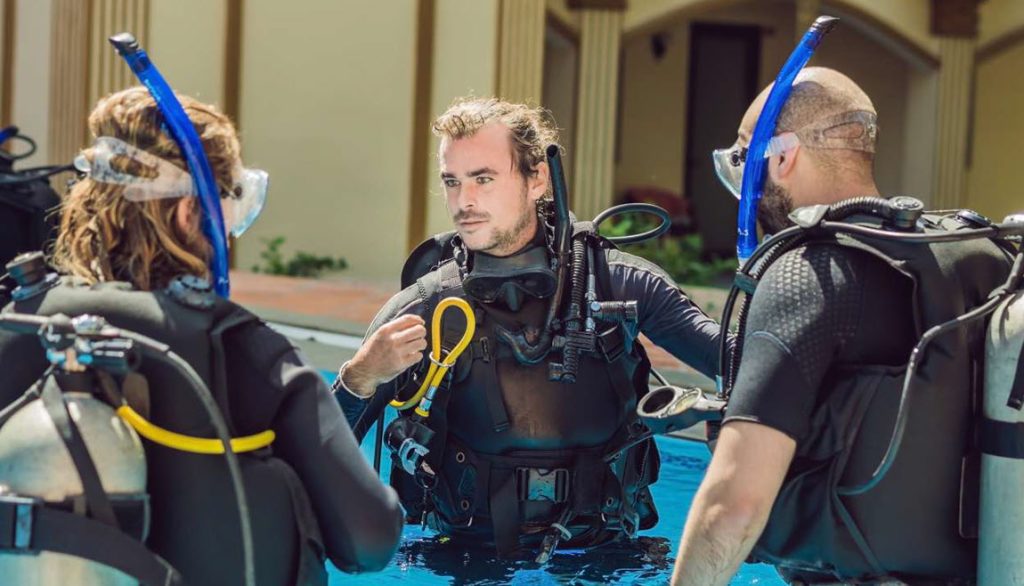
Most dropouts don’t happen years later—they happen early on in their diving experience. Some quit halfway through the course. Others finish the course and never dive again, only dive a few times and then don’t.
Why?
- Unmet Expectations – They imagined themselves gliding effortlessly with turtles, but their first dives were all about mask clearing, buoyancy struggles, and nerves.
- Lack of Community – Diving felt like an experience, not a lifestyle. No follow-up, no welcome into a tribe, no invitation to dive again.
- Overwhelmed or Under-supported – Gear confusion, anxiety underwater, or feeling like the “worst one in the group” kills confidence.
- No Clear Next Step – Once certified, they weren’t shown where or how to dive next. Certification was treated like a finish line instead of a starting line.
Many new divers leave before they get to the part that makes it all worthwhile.
The scuba diving industry faces a significant retention problem, especially among newly certified divers. While figures vary across regions and agencies, studies suggest that 15% of new divers drop out within the first year of certification. Even more concerning, over 60% leave the sport within four years. That’s a huge leak in the pipeline—certified but disengaged.
Even with a 7.3% growth in global dive participation in 2022 compared to 2021—much of it driven by pandemic recovery and an outdoor activity boom—the data shows most of these are casual divers. And casual divers, as we know, are the ones most prone to dropping out.
With this mass exodus comes a side effect—equipment sales are lagging. Without ongoing engagement and a sense of community, many new divers don’t invest in gear. Unfortunately, to compensate, some dive shops have resorted to pushing gear through traditional sales tactics. (Think used car salesman) This reinforces a harmful perception: that all the dive shop cares about is making a sale.
In my 40 years of experience, I’ve learned the opposite to be true: the best “sales tactic” is engagement, community, mentorship, and genuinely caring about the diver’s experience. When divers feel supported and valued, the gear follows. Trust leads to loyalty, and loyalty builds a thriving dive culture.
The good news? There’s still time to reach these divers.
With proactive solutions like mentorship, community-building, and post-certification engagement, we can turn casual divers into confident, regular divers. We just have to meet them where they are at, and give them a reason to keep diving.
As dive leaders, we can do better.
Whose Responsibility Is Diver Retention?
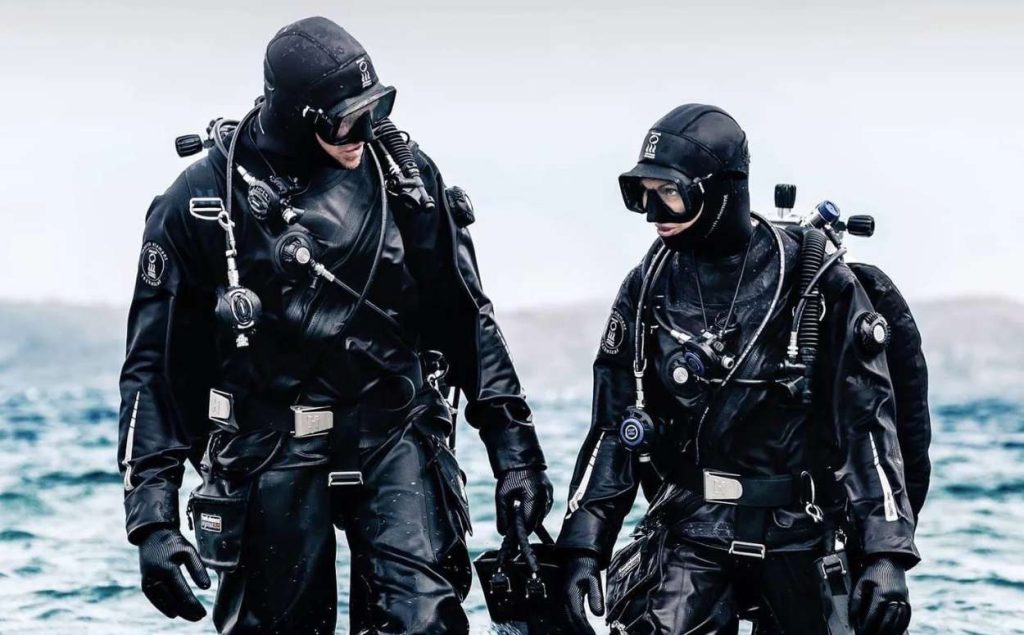
This is the heart of it: Is it solely the new diver’s job to stay engaged?
Nope.
Yes, divers have to take ownership of their journey. But we can’t just hand them a card and wave goodbye from the dock. Diver retention is a shared responsibility. Instructors, dive shops, dive resorts, tour operators, certifying agencies—we all have skin in the game.
If we view divers as “customers” instead of “community,” we’re doing it wrong. The job doesn’t end at certification—it just changes. It becomes about nurturing, guiding, mentoring, and opening doors.
Dive professionals are ambassadors, not just trainers. Our role is to create a path, not just a product.
Recognizing the Signs: When We’re Losing a Diver
Losing a diver doesn’t usually happen in a moment, it’s a progression.
Maybe it’s a student who seemed hesitant on their confined water skills. Maybe it’s a newly certified diver who hasn’t been contacted in weeks, months or at all. Maybe it’s the silence after their last dive on vacation.
Here are some early warning signs:
- They don’t ask questions after certification.
- They haven’t shown interest in continuing education.
- They aren’t aware of local diving opportunities.
- They don’t feel confident or safe diving without an instructor.
- They haven’t found “their people” yet—other divers to buddy with.
These red flags don’t mean failure—they mean opportunity. This is when mentorship, outreach, and personal connection can make all the difference.
Creating the Connection: Extraordinary Effort Beyond Certification
Extraordinary effort means thinking beyond the dive shop and the training class.
What if we:
- Personally invited every student to a post-certification dive trip?
- Set up new diver meetups, BBQs, or local fun dives just for them?
- Paired them with a dive mentor or buddy for their first 10 dives?
- Created an “Open Water Plus” group for recent grads to continue building skills in a fun, informal way?
The most powerful currency in diving is belonging. When someone feels like they’re part of a community, they’ll keep coming back, not out of obligation, but out of connection.
Dive shops and dive professionals should build culture, not just teach courses.
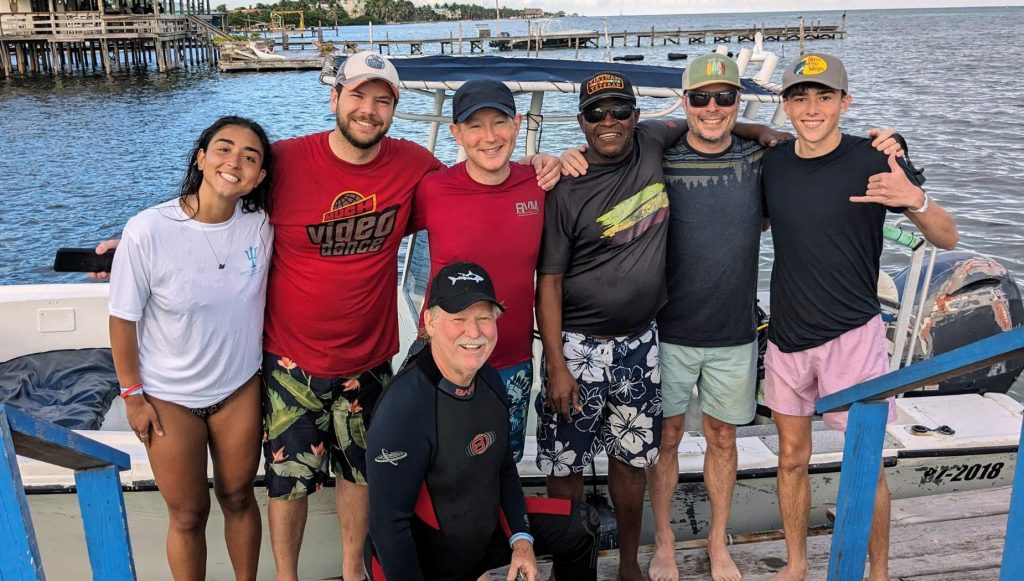
Living Underwater: Why the Magic Matters
One of the biggest reasons people give up on scuba diving too soon is that they walk away before they’ve experienced the real magic—what I call living underwater. ( I call it living underwater because for a short time, 20, 30 minutes or longer, we are breathing and moving underwater, that’s living)
That moment when you stop thinking about your gear, your breath slows, and the world around you shifts into something otherworldly. It’s weightless, peaceful, and profoundly alive.
But getting there takes a few dives. Too many people stop just short of that breakthrough. They experienced the task of diving, but not the transcendence of it. It’s like walking out of a movie five minutes before the big twist. They never saw the heart of it.
We have to give new divers the chance to feel that moment. That means supporting them through the early awkwardness until they reach the point where it clicks. That’s when they fall in love with it.
Let’s Stop Losing Divers – Together!
Retention isn’t just a numbers game—it’s about unlocking experiences and possibilities.
People want to be scuba divers, they want to belong. They want to feel the magic. But too often, they aren’t given the chance or the guidance to fall in love with diving. That’s where the professionals, mentors, and leaders can do better.
One proven way? Scuba mentorship. Pairing new divers with experienced mentors who can guide them, answer questions, dive with them, and keep the passion alive. It’s not just a buddy system – it’s a support system. It builds confidence, creates connection, and helps divers move from “just certified” to “committed for life.”
read my article on becoming a scuba mentor
As a PADI Course Director, I’m working on building exactly that kind of mentorship program. It’s built on decades of experience and a simple philosophy: no diver left behind. Every diver we keep is one more ocean advocate, one more underwater explorer, and one more life changed.
Let’s stop losing divers.
Let’s help them live underwater.

